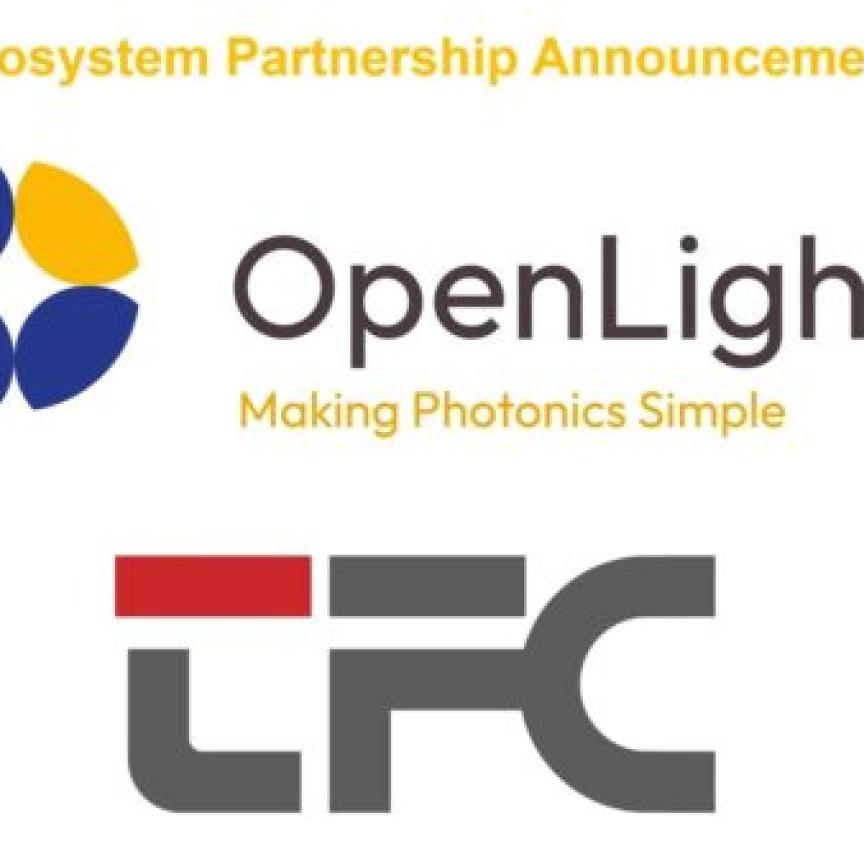Satellite Vu has raised a £3.6m ($5m) seed round to launch the first satellite constellation capable of imaging the thermal footprint of any building on the planet every 1-2 hours.
This capability could help reach emission targets, through permitting the monitoring - in near real time - of everything from the energy being wasted by poorly-insulated buildings, to the economic activity of factories or the power generated by power stations.
Satellite Vu’s constellation of miniaturised satellites will use high resolution infrared cameras to collect temperature data day and night about both the natural and built environment. Being less than one tenth of the size and cost of other infrared imaging satellites, Satellite Vu is unique in being able to measure the heat signature of any building anywhere multiple times a day. This enables Satellite Vu to derive new insights about both the building and how it is being used.
The temperature data Satellite Vu collects can quickly pinpoint the worst energy wasting buildings such that investment in energy efficiency measures can be deployed based on measurement data. According to Anthony Baker, CEO of Satellite Vu, the technology will 'allow the government and the public to make better and informed decisions on which buildings are a priority to upgrade,' he said. 'The lessons learnt from the pandemic were: test, test, test; in the climate change challenge we need to: measure, measure, measure.'
James Bruegger, managing partner of Seraphim Capital, which led the seed round, said: 'We believe that high resolution infrared satellite data holds enormous promise for positively impacting the world. A combination of poor resolution, high cost and infrequency of data capture has held back the application of this high impact dataset for decades. We’ve backed Satellite Vu because it alone has the technology to address all these issues and make high resolution infrared the next major category of Space data.'
Gregory Dewerpe, founder of A/O Proptech, which also supported the seed round, said: 'With the built environment responsible for almost 40 percent of global carbon emissions, it is crucial that the sector harnesses new technologies if we are to rapidly reduce our carbon footprint. Using accurate data is vital to making informed decisions, and Satellite Vu has found a way to measure the thermal efficiency of buildings which has never been carried out before at scale.'
The newly announced funding round will enable Satellite Vu to initiate the construction of its first satellite that is due to launch in 2022.
Satellite Vu has been backed by the UK Space Agency through its National Space Innovation Programme (NSIP) to support the build of the infrared sensor for its first satellite, and has also partnered via the Sprint programme with the University of Surrey to evaluate the utility of infrared observations in the maritime domain.


